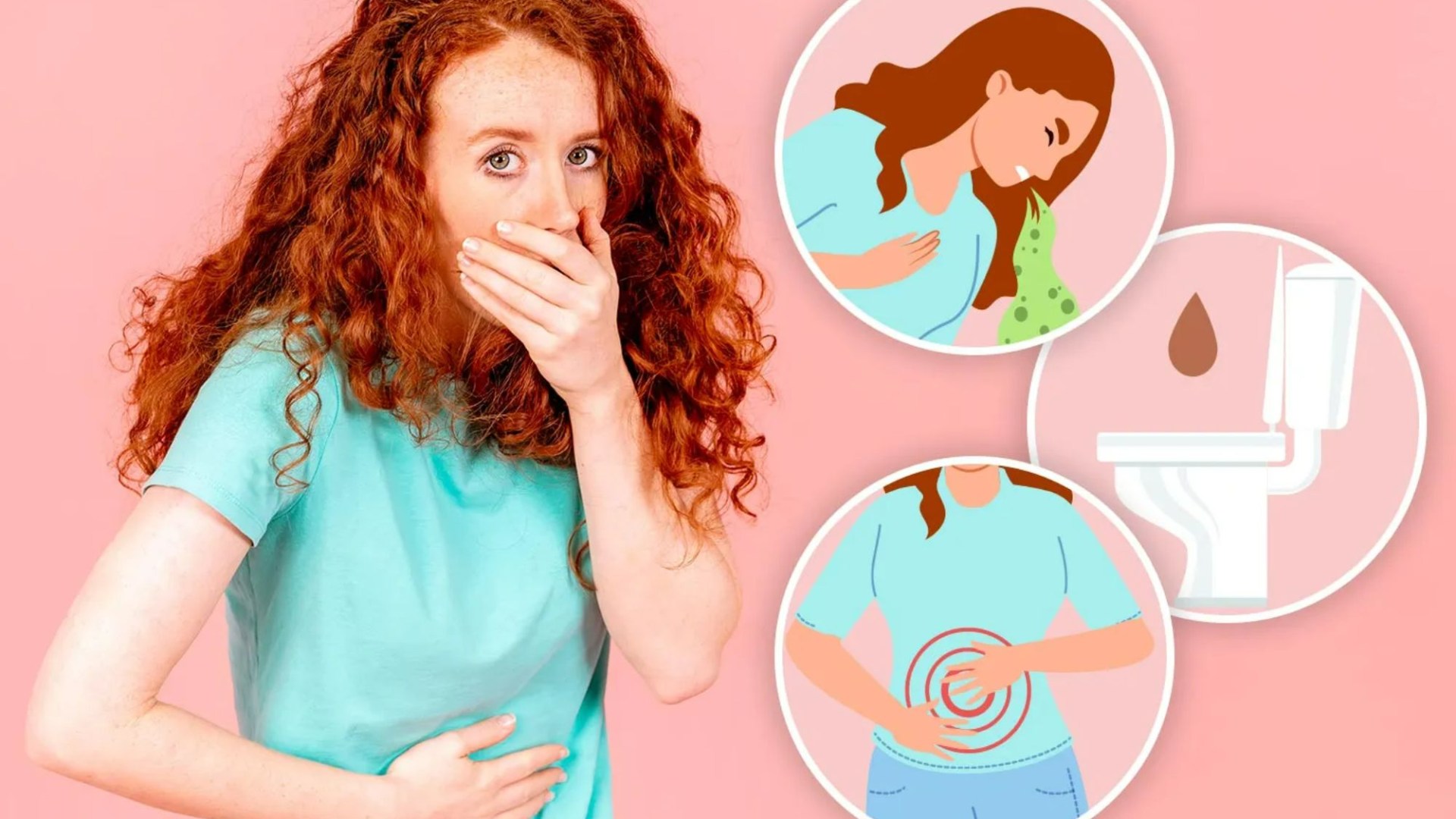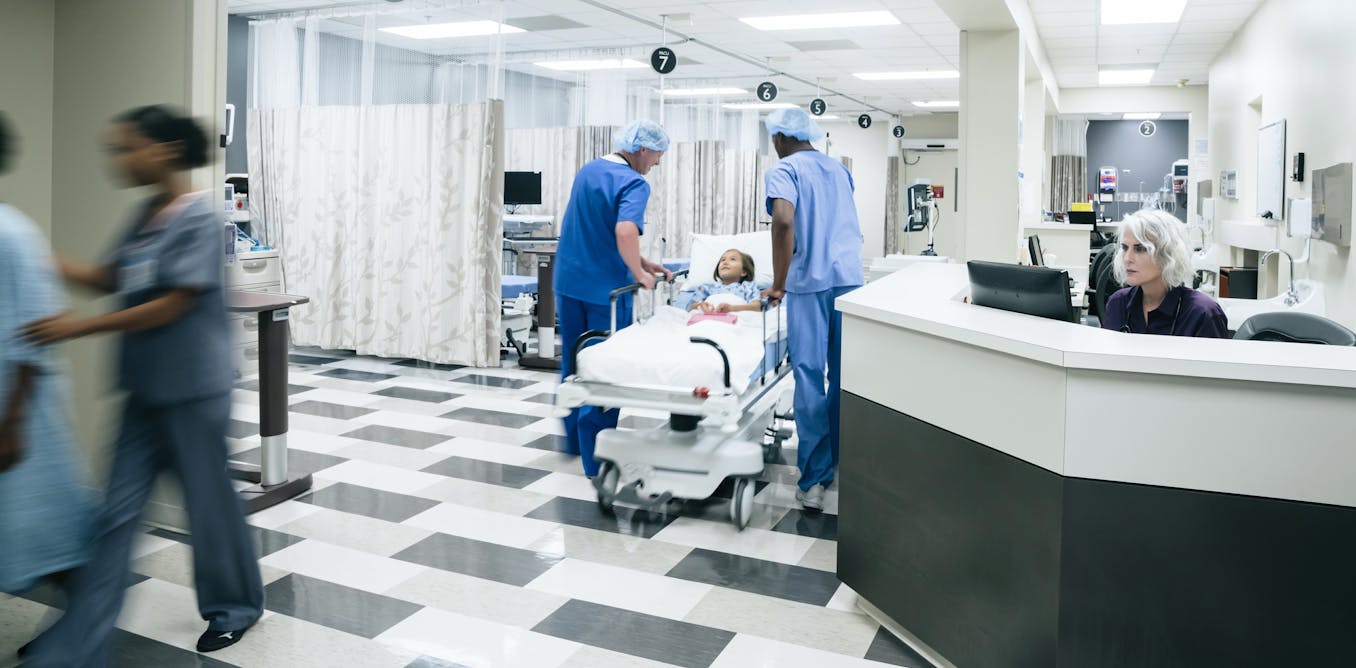A DOCTOR has urged Brits to be aware of the symptoms of a “highly contagious” virus that’s currently sweeping the UK.
The ‘Kawasaki bug’ was first identified in Japan, and those infected are advised to stay at home as cases surge across the country.
3

3
Kawasaki is a new strain of norovirus – a stomach bug often named the ‘winter vomiting bug’ – dominating the UK.
According to the latest figures, the new strain accounts for 70 per cent of all cases.
Norovirus is more common in autumn and winter as more people spend time indoors, in close proximity to each other.
But so far this winter, cases are double the average for this time of year – and this is said to be because of the new variant.
Read more on winter viruses
The virus, which is highly contagious, is spread by close contact with someone infected, touching surfaces with the virus on it, and eating food that’s been prepared by someone that has it.
To prevent the virus spreading, Dr Babak Ashrafi, GP at Superdrug Online Doctor, advised if you become infected, to stay at home and isolate for a minimum of 48 hours after symptoms have subsided.
He said: “Although Kawasaki is a different strain, the symptoms of are similar to regular norovirus, which include nausea, vomiting, diarrhoea, high temperature, headache and exhaustion.”
Picking up on symptoms as early as possible can ensure you’re able to isolate at the best time – you’re most contagious when you have symptoms.
Dr Babak advised: “Typically, the first symptoms to appear are vomiting, diarrhoea and stomach pain which usually occur within the first 12-48 hours after a person has been exposed to the virus.
“It’s worth noting that you can also suffer from norovirus and only experience one or two symptoms such as nausea and diarrhoea. Symptoms usually last for 24 to 72 hours.”
The NHS lists the main symptoms of norovirus as:
- feeling sick (nausea)
- diarrhoea
- being sick (vomiting)
You may also have:
- a high temperature
- a headache
- aching arms and legs

3
What should you do if you get norovirus
Unfortunately there isn’t a cure for norovirus. But treatments focus on alleviating symptoms, which should go away in one to three days.
Dr Babak recommended staying hydrated and drinking plenty of liquids that include electrolytes, in order to help replace fluids lost from diarrhoea and avoid dehydration.
He also advised: “Infants, the elderly and those with other health conditions may require additional medical attention due to the risk of dehydration linked to norovirus.”
Taking paracetamol can help treat any aches, pains and fever.
And make sure you get plenty of rest in order to help your body fully recover.
What are the signs a norovirus infection is serious?
Norovirus can become serious, especially in vulnerable people.
As well as being at risk of dehydration, young children, older adults, and pregnant people may have weakened immune systems, making it more difficult for them to fight the virus.
Dr Babak urged: “Seek medical attention if your symptoms do not go away within several days.
“Other symptoms that may indicate a more serious infection include blood in your vomit or stool and a persistent high fever.”
When to call 999 or go to A&E
Norovirus is usually not life-threatening for most people, but can be serious for some groups.
The bug can be more serious are people who are:
- Young children
- Older adults
- Pregnant
- Have weakened immune systems
- Have other medical conditions
You should call 999 or go to A&E if you or your child:
- Vomit blood or have vomit that looks like ground coffee
- Have green vomit (adults)
- Have yellow-green or green vomit (children)
- Might have swallowed something poisonous
- Have a stiff neck and pain when looking at bright lights
- Have a sudden, severe headache or stomach ache
Source: NHS




